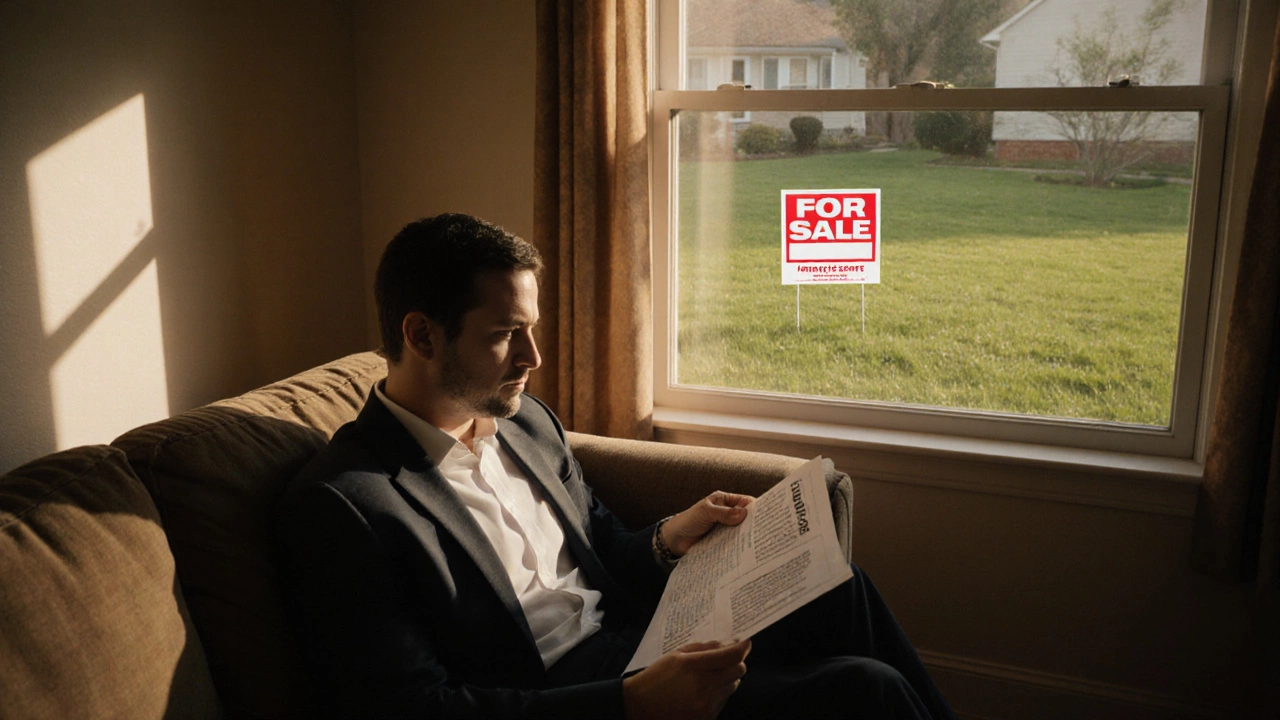Tenant Rights Virginia: What Every Renter Should Know
When talking about tenant rights Virginia, the set of legal protections that renters enjoy under state law. Also known as Virginia tenant protections, these rights cover everything from how much a landlord can charge for a security deposit to the steps they must follow before kicking you out. Understanding them helps you avoid nasty surprises and gives you confidence when signing a lease.
How Virginia Rental Laws Shape the Rental Experience
The broader framework is Virginia rental laws, state statutes that regulate the landlord‑tenant relationship. These laws dictate the rules around security deposit, the money a renter pays up front to cover potential damages. They also set the timeline for when a landlord must return that money, usually within 45 days after you move out, unless they provide a written itemized list of damages. When you know the exact legal limits, you can negotiate with confidence and keep more of your cash.
Another key piece of the puzzle is the eviction process, the legal steps a landlord must take to end a tenancy. In Virginia, an eviction can’t happen overnight. A landlord must first give you a written notice—usually five days for non‑payment of rent, or thirty days for other lease violations. If you don’t fix the issue, the next step is filing a lawsuit in the General District Court. The court will schedule a hearing, and only after a judgment can the landlord obtain a writ of possession. Knowing this sequence protects you from illegal lockouts and gives you time to respond.
Beyond deposits and evictions, landlord obligations, the duties landlords must fulfill to keep a rental unit habitable, play a huge role in your day‑to‑day comfort. Virginia law requires landlords to maintain the premises in a safe, livable condition, which includes fixing plumbing leaks, heating problems, and any structural issues within a reasonable time after being notified. They also have to provide a written lease that clearly outlines rent amount, due dates, and any additional fees. When these obligations are met, you enjoy a smoother renting experience and fewer disputes.
Security deposits, eviction notices, habitability standards, and lease disclosures all intersect to form a comprehensive protection net for renters. By understanding how each element fits together, you can spot red flags early, negotiate better terms, and know exactly what steps to take if a problem arises. This knowledge turns a potentially stressful rental journey into a manageable, even empowering, process.
Below you’ll find a hand‑picked selection of articles that dive deeper into each of these topics. Whether you’re drafting a new lease, dealing with a security‑deposit dispute, or facing an eviction notice, the posts in this collection give you clear, actionable advice to protect your rights and keep your rental experience hassle‑free.
Can My Landlord Sell the House I'm Renting in Virginia? What Tenants Need to Know
by Arjun Mehta Oct 14 2025 0 RentalsLearn if a Virginia landlord can sell your rental home, how the lease survives the sale, notice rules, security deposit handling, and what steps renters should take.
READ MORE